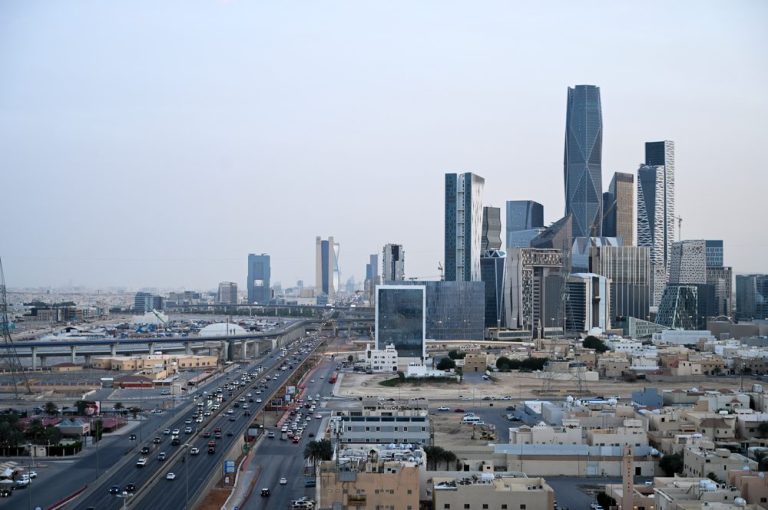Middle East Becomes IPO Oasis Amid Cooling Financial Markets

The Middle East has become a bright spot among financial markets as IPO activity declines.
Initial public offerings (IPOs) in that part of the world have brought in $22.6 billion this year, more than half of the proceeds in the EMEA (Europe, Middle East and Africa) region, according to a Bloomberg report.
This activity has led big banks to recruit workers from quieter markets such as London, relocate staff or expand, the report said.
“We always fly in specialists,” Miguel Azevedo, head of investment banking for the Middle East and Africa at Citigroup, told Bloomberg. “I can tell you that the region has been the favorite destination for most of my colleagues over the last 12 months for sure.”
PYMNTS noted this trend last month, finding that the Gulf Cooperation Council (GCC) region stands out as an exception, while most stock markets have seen a decline in both the volume and average value of IPOs.
In the Kingdom of Saudi Arabia (KSA), in particular, a robust market for crude oil and the government’s market reform agenda have combined to give the country’s stock exchange a substantial boost, with the Saudi Stock Exchange or Tadawul raising $5.07 billion from 17 IPOs as of November.
In addition, the country has offered an alternative stock market called Nomu for the last five years, which businesses can list, creating another opportunity for IPOs in KSA.
Meanwhile, IPO activity elsewhere is muted. This week brought the news that London contributed less than 10% of all European IPOs this year.
Listings in London raised 1.5 billion pounds ($1.8 billion) this year, accounting for 9% of the European total of $20.9 billion and marking the worst performance of the London Stock Exchange (LSE) in 13 years.
This downturn in deal-making has led large investment banks such as Citi Deutsche Bank and Credit Suisse to cut jobs in Europe, as PYMNTS reported Tuesday (Dec. 13).
“In short, 2022 has been a bad year for deal-making,” we wrote. “Across its various subdivisions, investment banking essentially boils down to enabling large corporate transactions. This means that when businesses do less business, banks make less money.”
By June this year, bankers were already short on work. After the average value of initial public offerings (IPOs) in the U.S. and Europe plummeted by 90% in the first six months of the year, companies placed flotations on hold, while firms that did go public did so in a tough market that has shrunk bankers’ fees.
Throughout 2022, the London Stock Exchange (LSE) hasn’t listed one new company worth more than $1 billion and has raised just 1.5 billion pounds ($1.8 billion) through IPOs this year. This compares to the 126 IPOs the exchange marked last year, adding about 16.9 billion pounds to the LSE’s market cap.
For all PYMNTS EMEA coverage, subscribe to the daily EMEA Newsletter.